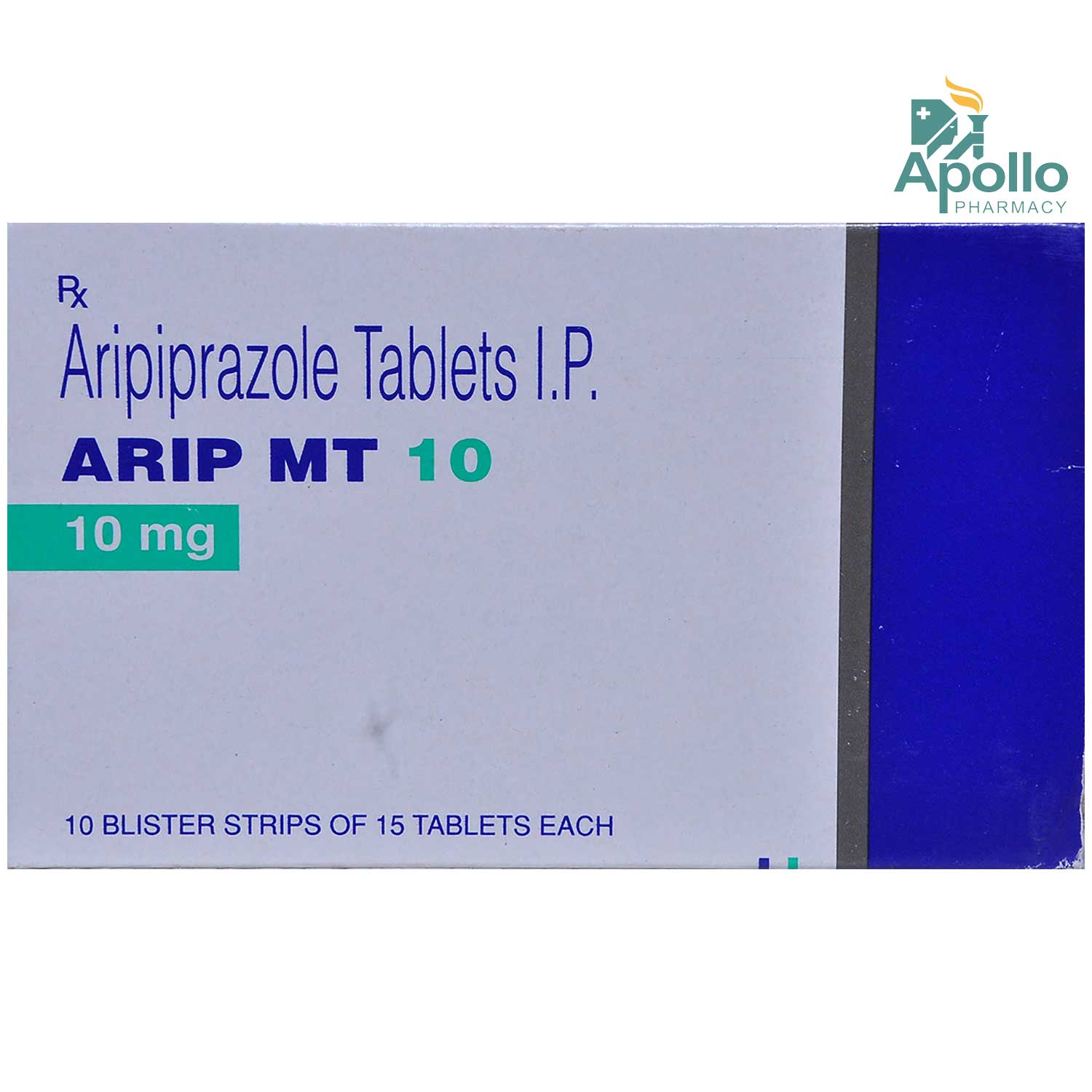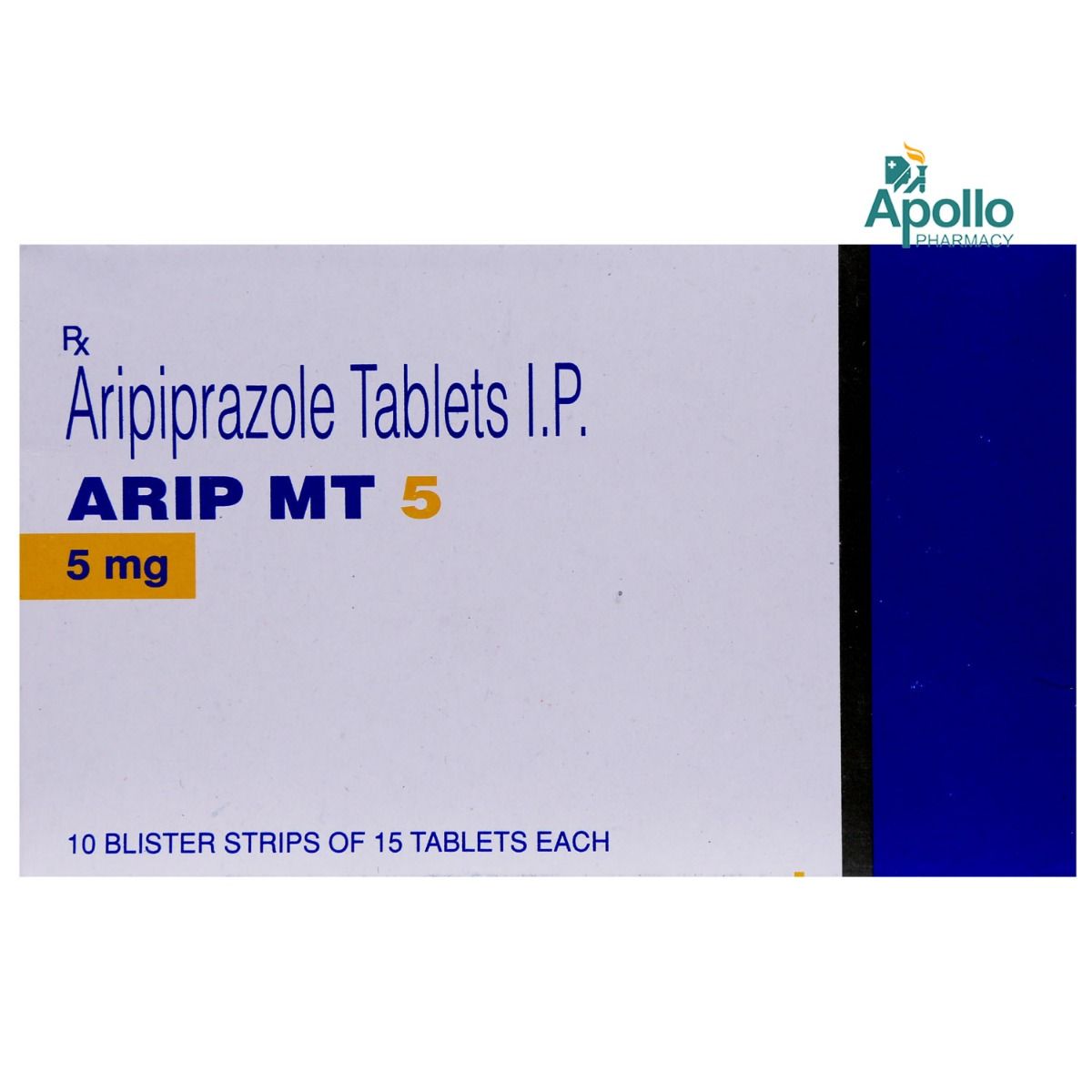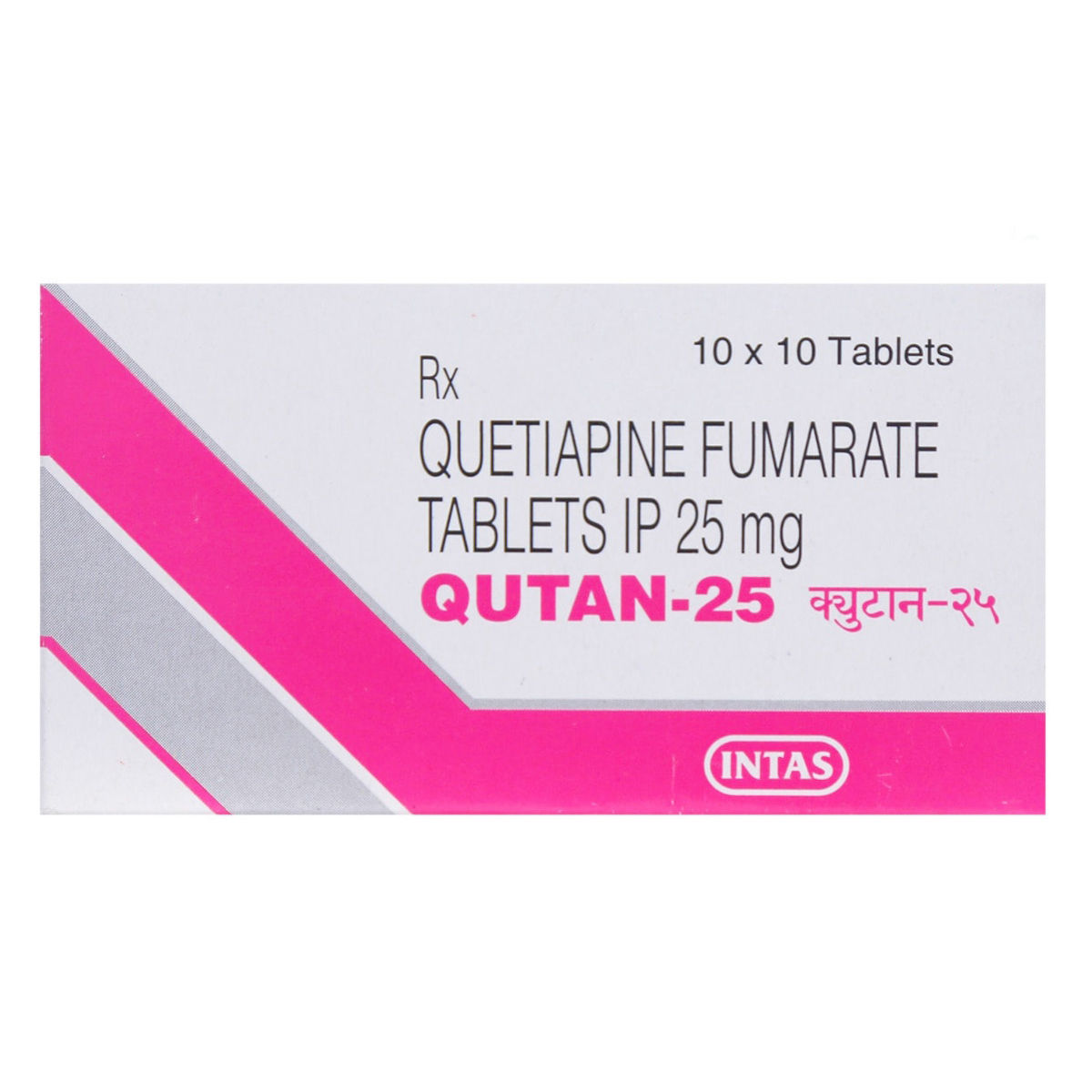- Home
- Health Condition
Medicine For Schizophrenia
Medicine For Schizophrenia
- Total Items (840)
 RX
RXStemetil MD 5 mg Tablet 15's
₹170.60
MRP ₹189.50
10% off
 RX
RXQutipin 25 Tablet 10's
₹67.50
MRP ₹75
10% off
 RX
RXInvega Sustenna 150 mg Injection 1.5 ml
₹5871
MRP ₹6180
5% off
 RX
RXArip MT 10 Tablet 15's
₹237.60
MRP ₹264
10% off
 RX
RXINVEGA SUSPENSION 100MG INJECTION
₹5562
MRP ₹6180
10% off
 RX
RXLesuride 25 Tablet 10's
₹110.70
MRP ₹123
10% off
 RX
RXQutipin 50 Tablet 10's
₹85.50
MRP ₹95
10% off
 RX
RXSulpitac 200 Tablet 10's
₹301.50
MRP ₹335
10% off
 RX
RXArip MT 5 Tablet 15's
₹140.40
MRP ₹156
10% off
 RX
RXTolaz LA 405mg/vial Convenience Kit 1's
₹1957.10
MRP ₹2174.50
10% off
 RX
RXQutan 25 Tablet 10's
₹65.30
MRP ₹72.50
10% off
 RX
RXArpizol 5 Tablet 10's
₹99.90
MRP ₹111
10% off
 RX
RXOleanz 5 Tablet 10's
₹57.60
MRP ₹64
10% off
 RX
RXArpizol 10 Tablet 10's
₹166.50
MRP ₹185
10% off
 RX
RXQutipin 100 Tablet 10's
₹104.40
MRP ₹116
10% off
 RX
RXSizodon Forte Tablet 10's
₹129.60
MRP ₹144
10% off
 RX
RXArip Mt 2mg Tablet 15's
₹95
MRP ₹105.50
10% off
 RX
RXAmisant 200 Tablet 10's
₹227.70
MRP ₹253
10% off
 RX
RXTolaz LA 300mg/vial Convenience Kit 1's
₹1632.60
MRP ₹1814
10% off
 RX
RXSulpitac 400 Tablet 10's
₹535.50
MRP ₹595
10% off
 RX
RXSizopin 200 Tablet 10's
₹247.50
MRP ₹275
10% off
 RX
RXOleanz 2.5 Tablet 10's
₹45.90
MRP ₹51
10% off
 RX
RXArip MT 15 Tablet 15's
₹308.30
MRP ₹342.50
10% off
 RX
RXTolaz LA 210 mg Convenience Kit 1's
₹1350.90
MRP ₹1501
10% off
Medicines For Schizophrenia
Schizophrenia is a serious mental health condition that affects how a person thinks, feels, and behaves. It can cause confusion, hallucinations (hearing or seeing things that aren't there), delusions (false beliefs), and difficulty telling what is real from what isn’t. Although schizophrenia is a long-term condition, it can be managed with the right treatment.
Introduction to Schizophrenia
Schizophrenia is a long-term condition that affects a person’s thinking, emotions, and behaviour. While doctors don’t fully understand what causes it, they know that genetics, environmental factors, and changes in the brain all play a role. Treatment for schizophrenia usually involves a combination of medication and therapy to help manage the symptoms. Medications are very important in controlling the symptoms and making the condition easier to manage.
Types of Medicines Used for Schizophrenia
There are different types of medicines used to treat schizophrenia, with antipsychotic drugs being the main ones. These medicines help control the symptoms like hallucinations and delusions.
Schizophrenia treatments can be divided into two main categories: typical antipsychotics (first-generation) and atypical antipsychotics (second-generation).
1. Typical Antipsychotics (First-Generation Antipsychotics)
Typical antipsychotics were the first drugs developed to treat schizophrenia. They work by blocking dopamine receptors in the brain, which helps to reduce the symptoms associated with the disorder. However, they are known for causing more significant side effects, especially movement-related side effects such as tremors, stiffness, and involuntary muscle movements.
Some common first-generation antipsychotics include:
- Haloperidol: Used to treat acute psychosis and agitation.
- Chlorpromazine: One of the oldest antipsychotic drugs, effective for managing both positive and negative symptoms.
- Fluphenazine: Often used in long-term maintenance therapy.
While these medications can be highly effective for managing symptoms, the side effects can sometimes be debilitating, particularly if not monitored closely.
2. Atypical Antipsychotics (Second-Generation Antipsychotics)
Atypical antipsychotics are newer medications that offer several advantages over the first-generation drugs. These include a lower risk of movement-related side effects and a more favourable profile for managing both positive and negative symptoms of schizophrenia. Atypical antipsychotics are now considered the first-line treatment for schizophrenia.
Some commonly used atypical antipsychotics include:
- Olanzapine: Effective for both positive and negative symptoms, though it may cause weight gain and metabolic changes
- Risperidone: Often used for acute episodes and long-term maintenance.
- Aripiprazole: A newer drug with a lower risk of side effects compared to older antipsychotics.
- Quetiapine: Used for both schizophrenia and bipolar disorder, with a relatively mild side-effect profile.
These medications work by targeting multiple neurotransmitter systems, including serotonin and dopamine, to balance brain chemistry and reduce the severity of symptoms.
3. Adjunct Medications
In some cases, doctors may also prescribe other medicines to help with different symptoms of schizophrenia or to work alongside antipsychotics. These include:
- Antidepressants: These are used if the person also feels very depressed.
- Mood stabilisers: These may be given to people who have extreme mood swings.
- Anti-anxiety medications: These can help if the person also struggles with anxiety.
Benefits of Using Schizophrenia Medicines
The primary benefit of using medications for schizophrenia is symptom management. With the right medication, patients can experience reduced hallucinations, delusions, and disorganised thinking, leading to improved functioning in daily life. This can make a substantial difference in an individual's ability to work, maintain relationships, and care for themselves.
- Reduced Positive Symptoms: Medicines, especially antipsychotics, can help reduce delusions, hallucinations, and disorganised thoughts.
- Improved Quality of Life: Effective treatment allows patients to better participate in social, educational, and professional activities.
Prevention of Relapses: Long-term medication use helps prevent symptom flare-ups and reduces the chances of hospitalisation. - Lower Risk of Chronic Complications: Proper medication use can also help reduce the long-term complications associated with untreated schizophrenia, including cognitive decline and severe functional impairment.
Dosage & Usage Instructions of Schizophrenia Medicines
The exact dosage and usage of schizophrenia medications vary depending on the drug prescribed, the individual’s age, weight, overall health, and the severity of their condition. Here are some general guidelines for taking antipsychotic medications:
- Starting Dose: Doctors will typically start with a low dose to minimise side effects and gradually increase the dose based on the patient's response.
- Oral vs. Injectable: Many antipsychotic medications are taken orally in the form of tablets, but injectable forms are also available for patients who have difficulty adhering to oral medication regimens. Injectable forms are often used for long-acting therapy.
- Consistency: It's important to take the medication consistently as prescribed, even if the patient feels better. Skipping doses can lead to relapses or treatment failure.
- Monitoring: Regular follow-up with healthcare providers is essential to monitor the medication's effectiveness and any potential side effects, especially for weight gain, diabetes, or cardiovascular issues.
- Side Effects: Be aware of potential side effects and report any unusual symptoms to your doctor. These may include drowsiness, weight gain, dry mouth, or tremors.
Buy Medicines for Schizophrenia
Patients and caregivers can conveniently purchase schizophrenia medications online through platforms like Apollo 24|7. With easy access to a wide range of medicines for schizophrenia, you can have your prescriptions delivered to your doorstep. It’s important to consult with a healthcare provider before making any purchase to ensure the medication is appropriate for your treatment plan.
Frequently asked questions
The most commonly prescribed medications for schizophrenia are antipsychotics, including both first-generation drugs like Haloperidol and second-generation drugs like Olanzapine, Risperidone, and Aripiprazole.
It may take several weeks for antipsychotic medications to start showing noticeable effects. In some cases, improvements in symptoms may be seen within a few days, but the full effect often takes 4–6 weeks or longer.
Yes, schizophrenia medications can cause side effects, including weight gain, drowsiness, movement disorders (such as tremors), and metabolic changes. A healthcare provider can help manage these side effects and adjust the treatment plan as needed.
It is important not to stop taking schizophrenia medication without consulting a healthcare provider, as doing so can lead to a relapse of symptoms. If you're experiencing side effects or have concerns about your treatment, talk to your doctor about adjusting your medication.
Yes, you can buy schizophrenia medicines online through platforms like Apollo 24|7. However, always ensure you consult with a healthcare provider to get the correct prescription and dosage for your condition.
